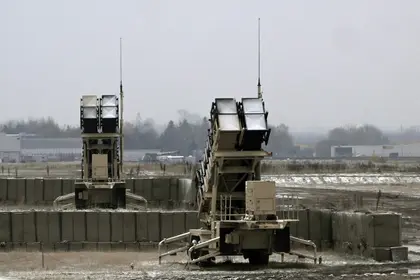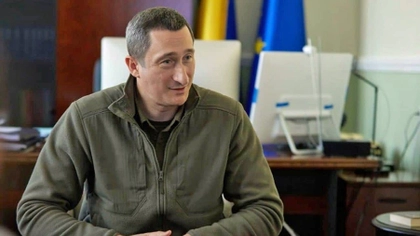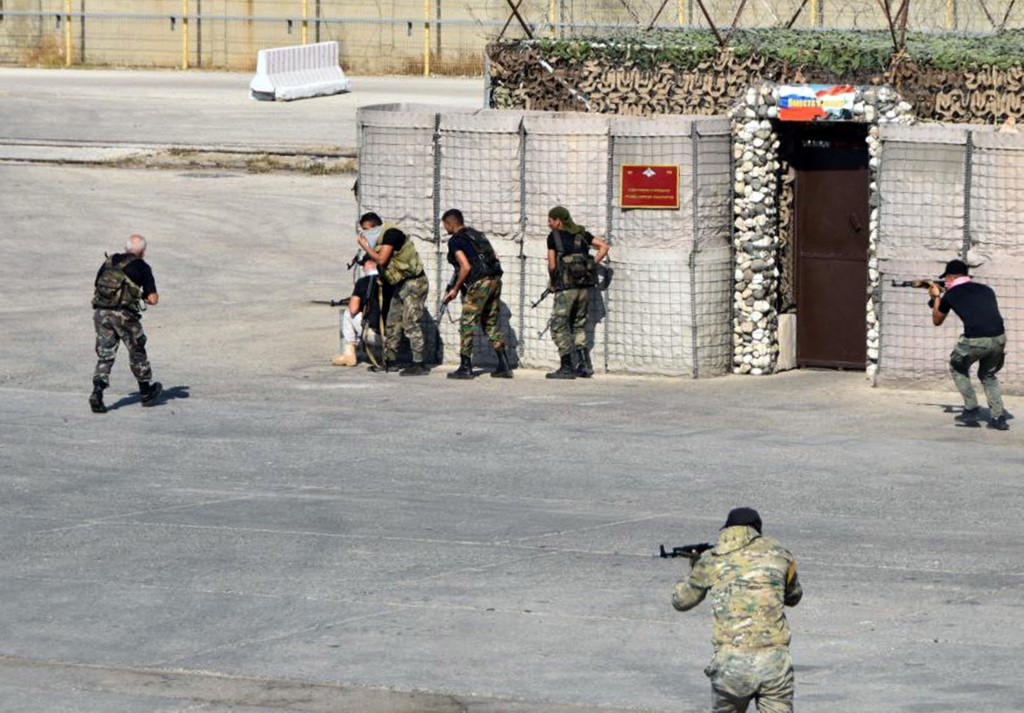The primary challenges that Ukraine will face with the next US president have been laid out by Ukraine’s former minister of Foreign Affairs – and the path forward will not be easy, no matter who takes the White House in January following next month’s election.
Pavlo Klimkin identified five topics in US-UA relations that will be most affected by the upcoming change in leadership in an op-ed last week, giving his personal take on possible implications.
JOIN US ON TELEGRAM
Follow our coverage of the war on the @Kyivpost_official.
“These elections are of utmost significance for Ukraine,” Klimkin wrote in European Pravda.
“The US is a source of vital support that Europe is unable to provide. Let’s be frank: our survival as a country and as a nation depends on our ability to secure aid from the US. If we are to achieve this goal, we have to understand and navigate American politics.”
The outcome on Nov. 5 is particularly concerning to Ukraine, where the next four years of US-UA policy are expected to drastically change the countries’ relationship and impact US support for Kyiv amidst Russia’s ongoing invasion.
President Joe Biden has been a staunch supporter of Ukraine since Russia launched its full-scale invasion in 2022, but waning support in Congress, along with calls from some conservatives to pull back on the support has weakened the US’ likelihood of sending weapons and aid to Ukraine.

Kyiv Calls on NATO for 20 Advanced Air Defense Systems to Defend Power Grid
“We need to recognize that for the vast majority of Americans, Ukraine is not one of their daily concerns,” Klimkin said. “This was confirmed by the recent vice-presidential debates, which were very US-focused in every sense – so much so that Ukraine didn’t even get a mention.”
According to Klimkin, the five main issues that will take center stage in future American-Ukrainian relations after the election include:
- Support for Ukraine does not fall along partisan lines.
American voters overwhelmingly supported Ukraine at the beginning of the war, but popular support has steadily declined as the invasion has dragged on. While Republicans have been more vocal about challenging ongoing support for Ukraine, doubts about the US’ capacity to continue sending billions in aid to Kyiv have come into question on both sides of the aisle.
“While we must stand firm on Ukraine’s position in our dialogue with the US, we also need to listen to our American partners and understand that they are driven by their own priorities and hot-button issues, not ours,” Klimkin said, “That won’t change after the election.”
- The outcome of congressional elections will play a huge role.
While all eyes are on the outcome of the presidential race, one-third of the Senate and all of the House are also up for re-election. Given Congress’s requirement to approve the budget and oversee military alliances, how these elections turn out will have a great impact on future US-UA relations.
“After the election, Kyiv will face the challenging task of ensuring that the focus on cooperation with the future president and their administration is not perceived as political bias by the other party,” the former minister of foreign affairs said.
- The US is turning its focus away from Europe.
The American public is more worried about dealing with inflation and immigration at home than wars and foreign alliances abroad, regardless of who becomes the next president.
“Whichever one of the US presidential candidates wins, their rhetoric may change – Donald Trump will likely "discipline" the Europeans again, while Kamala Harris may encourage them to take more responsibility – but the result will be the same,” Klimkin said. “There will be ‘less US’ in Europe.”
- Trump and Harris have unclear strategies for helping Ukraine.
The presidential candidates have made starkly different comments about their take on the war in Ukraine. If elected, Trump claimed that he could somehow end the war even before he moved back into the White House, while Harris offered broad support by side-stepping specific questions about standing by Ukraine until victory.
“It remains an open question whether the next US president will consider the return of the Russian regime to ‘acceptable’ coexistence with the West as a sufficient victory for the US, even if it doesn’t mean victory for Ukraine,” Klimkin wrote. “So, there will be difficult discussions ahead with both potential administrations, especially when they expect us to present not a Victory strategy, but an exit strategy from the war.”
- Neither candidate understands Russia’s war in Ukraine.
Despite his long and storied history with Ukraine, the Biden administration appears to have misjudged Kyiv on several important occasions. Trump, who blames his first impeachment on President Volodymyr Zelensky, and Harris, who has little foreign policy experience in general, are not expected to have a stronger grasp on how Ukraine works or why the war is happening.
“All parties in the US emphasize that it’s up to Ukraine to decide how it sees the path out of this war. But as soon as the conversation becomes substantive, it becomes clear that not every option is acceptable – only those that ‘don’t raise the stakes,’” Klimkin said. “The US wants to make Ukraine responsible for choosing the future compromise, including the concessions Ukraine would have to make to end the war.”
“The US’s reluctance to become directly involved in our war is understandable, but shifting the ‘obligatory initiative’ for concessions onto Ukraine is unfair, especially considering the consequences such decisions could have,” he added.
You can also highlight the text and press Ctrl + Enter






